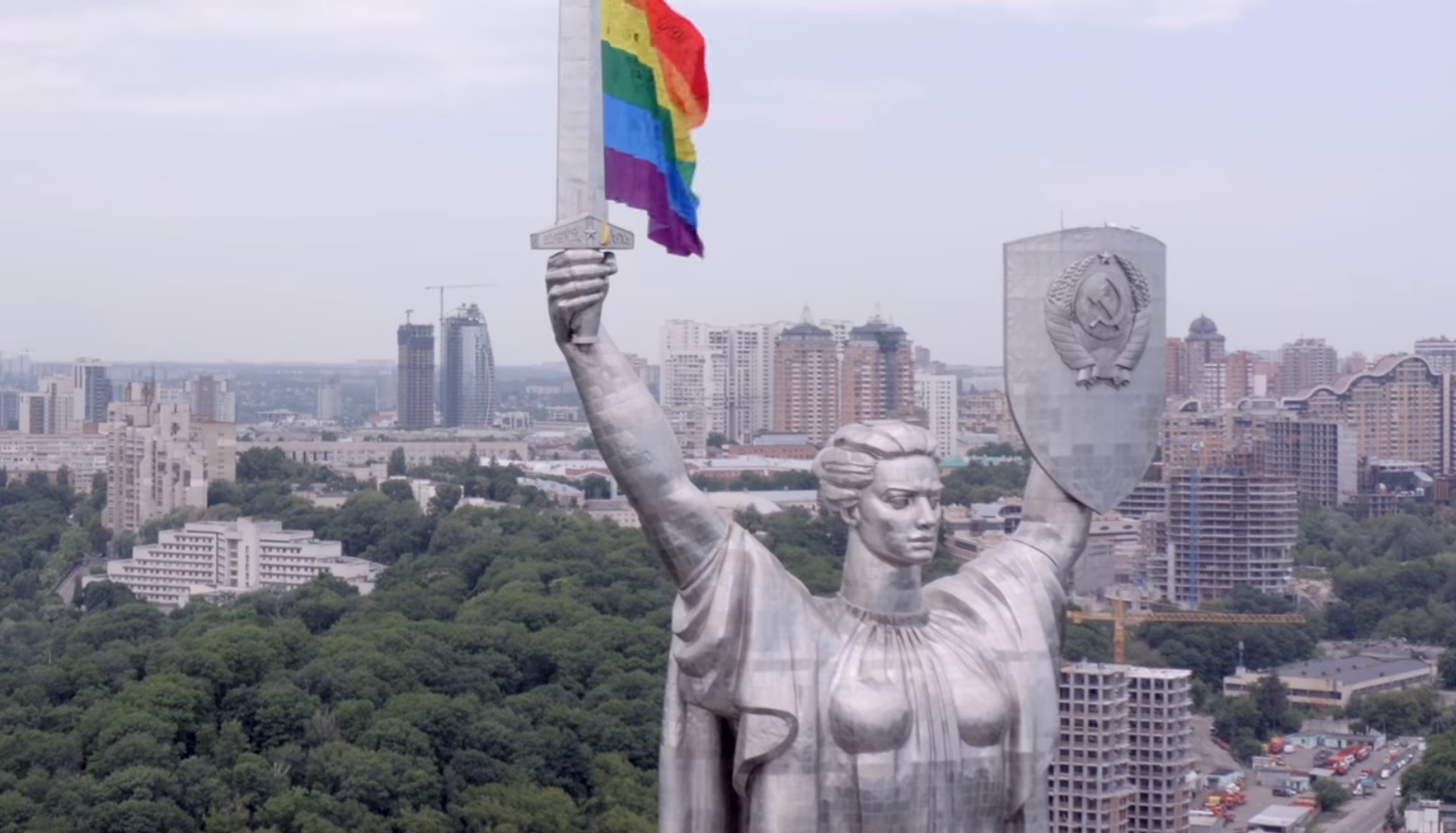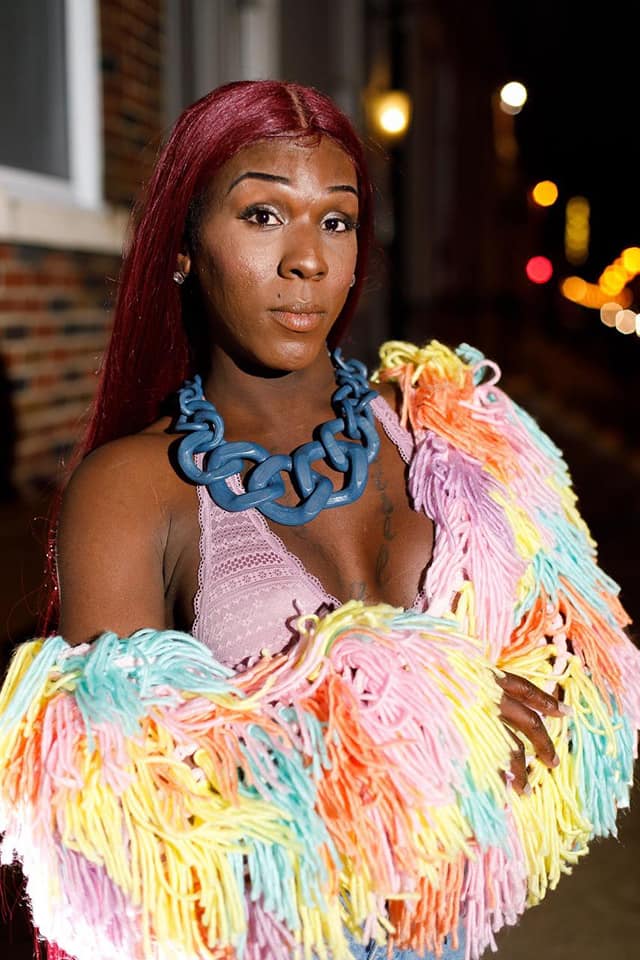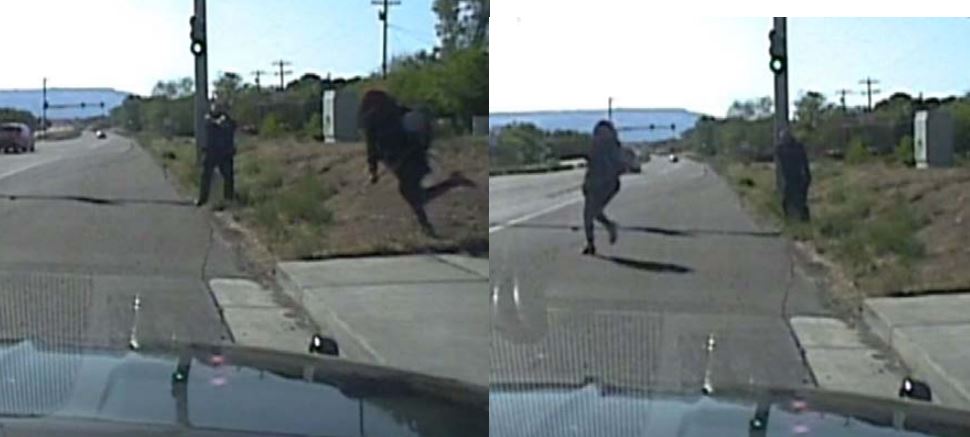Even with this week’s Supreme Court ruling, the workplace will be far from equal for lesbian, gay, bisexual and transgender Americans.
While the nation’s highest court says you can’t be fired for your sexual orientation or gender identity under the Civil Rights Act of 1964, there are still gaps. For instance, the federal law doesn’t protect those who work at businesses with fewer than 15 workers. It doesn’t address bathrooms for transgender people. And it’s still an open question whether employers can fire an LGBTQ person for religious reasons.
Then there are gaps in employee benefits. Some employers may not pay for medical care for transgender people, or could leave out LGBTQ families.
That’s not to diminish the significance of the Supreme Court ruling, which some advocates say was an even bigger deal for LGBTQ Americans than marriage equality.
The “decision was a watershed,” said Kasey Suffredini, CEO of Freedom for All Americans, which advocates for LGBTQ rights. “But at the same time it’s so basic and entry level. Now we actually get into the details into how that discrimination plays out in everyday lives.”
Health care benefits
Transgender workers and people in same-sex relationships often face disparities in access to health care. Employers play a role because they work with insurance companies to decide which treatments should be covered under their employees’ health insurance plans.
For example, an insurance plan that a company crafts for employees may cover hormone treatments for a woman undergoing menopause, but it might not cover hormone treatments that a doctor prescribes for a transgender patient. And same-sex couples sometimes are shut out of benefits such as access to fertility treatments, which are in some states only offered to couples that are not the same gender.
Related
NBC OUT
Treatments for HIV, which the Centers for Disease Control and Prevention says disproportionately affects gay and bisexual men, are sometimes shortchanged by insurance plans.
“Some HIV drugs may be outright not covered by insurance at all, or may be covered with copays or deductibles that make the drug essentially inaccessible,” Suffredini said. “It’s like the functional equivalent of denying coverage altogether.”
Small business
Not all workers are protected by the Civil Rights Act of 1964, which only applies to business with 15 employees or more. But some states have laws that do cover those workers.
Fifteen states have nondiscrimination laws that cover all employers, regardless of size, according to Freedom for All Americans. Another 22 states have laws that cover workers at employers with at least two employees or more.
Connecticut, for example, extends the protections to workplaces with at least three employees, and Arkansas extends it to employers with nine, Freedom for All Americans said.
Uniforms
Dress codes and uniforms can present challenges for transgender employees. Rachel Mosby, who was the fire chief in Byron, Georgia, says she was fired from her job after she began showing up to work in feminine dress suits and skirts instead of one of the masculine suits she had been wearing for the last decade. Mosby spent more than $500 of fire department money on the suits, but was issued a written reprimand and required to pay the department back. When she bought herself male suits a decade earlier, there had been no issue.
“These implicit biases and systemic discrimination against people that are others, none of that has gone away,” Mosby said. “It’s still there, and that’s what we have to fight against. That’s what we have to work to remove from our system.”
Mosby filed a federal discrimination lawsuit against the city for her termination.
Religious reasons
In their ruling, the Supreme Court judges made clear that they weren’t going to make a call on whether a business can fire an employee for religious reasons, leaving that an open question.
“It kind of punted on those issues and said we can address these at a later date,” said Todd Anten, a lawyer at Quinn Emanuel.
Employers that have religious objections to employing LGBTQ people might be able to raise those claims in a different case, Justice Neil Gorsuch wrote for the court.
Bathrooms
Another issue the Supreme Court said it wouldn’t decide this week: same-sex bathrooms and locker rooms.
Jerame Davis, executive director of LGBTQ workplace advocacy group Pride at Work, said employers right now have a lot of leeway in how they respond if a colleague doesn’t want a transgender person to use the same restroom or locker room as them. Often times, the transgender person is singled out and asked to use a different facility, which isn’t ideal, Davis said.
“We shouldn’t be singling out individuals,” he said.
Parental leave
Most workers in the U.S. do not have access to paid family leave to care for a newborn. But among those that have access to family leave, the policies often favor birth mothers, said Gabriel Dobson, 34, a gay man who is married to another man.
Related
NBC OUT
Dobson left his last job because he felt his employer was not promoting him because he is black and gay. Now, at a company that’s more culturally inclusive, Dobson is facing subtler challenges. His new company offers 16 weeks of family leave to a mother who gives birth to a child, but only four weeks to a parent who did not give birth. That’s making him wonder how he and his husband would manage if they adopt a child.
“When you are both non-birth parents and you have a child, who is going to get that time off to take care of the child?” Dobson asked. “It makes you feel like your situation is odd, when that’s not typically how I feel about my situation.”
Recognizing LGBTQ workers
Many employers may not know how many LGBTQ people it employs, which makes it hard to make sure they’re invited or included in particular programs.
Some big employers do allow employees to indicate on their human resources forms that they are LGBTQ, like they do for gender and race, said M.V. Lee Badgett, an economics professor and co-director of the Center for Employment Equity at the University of Massachusetts Amherst.
“I think employers that are trying to be proactive and are looking at gender gaps or maybe racial wage gaps, they should try to think about ways that they could do the same for LGBT people,” Badgett said.




